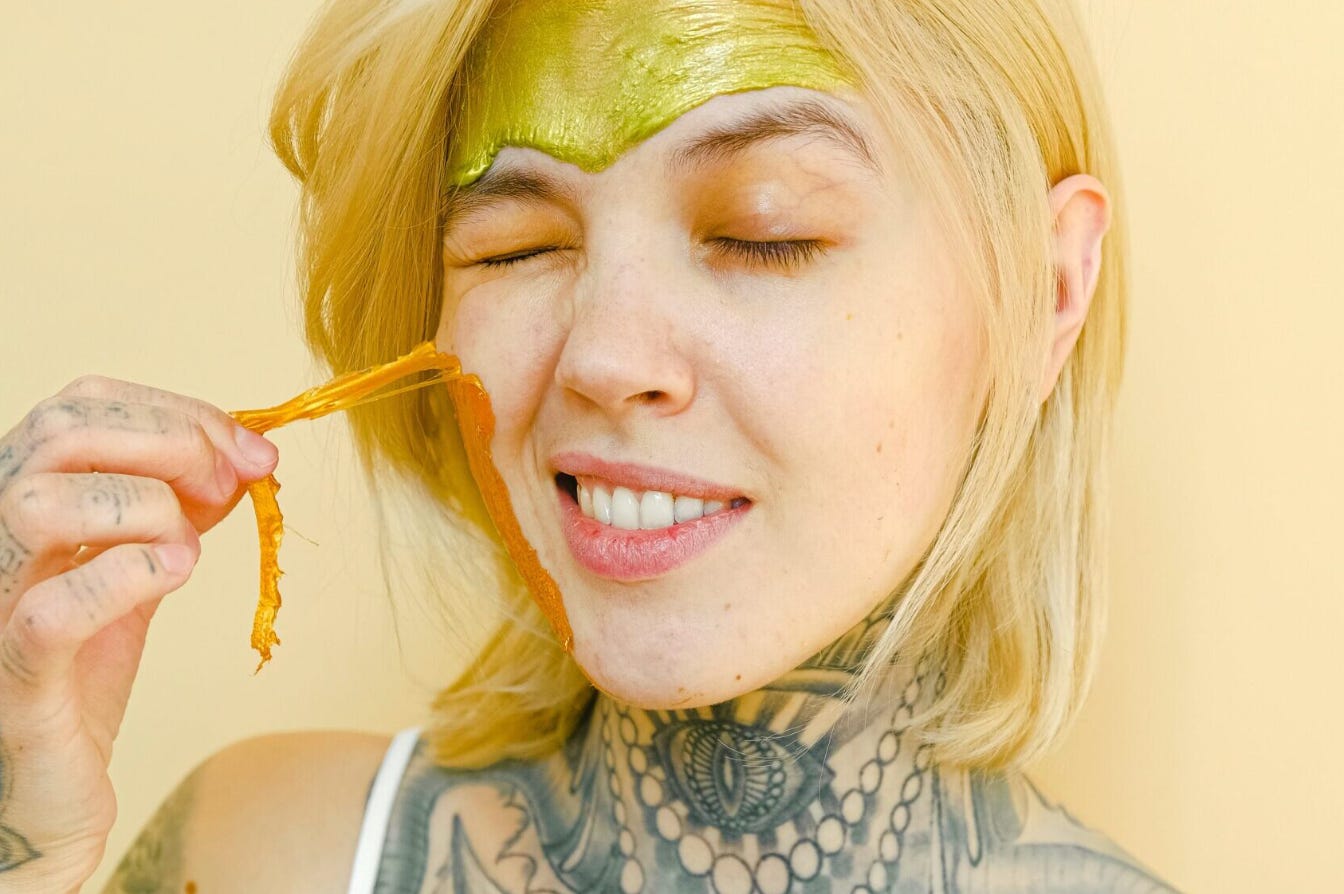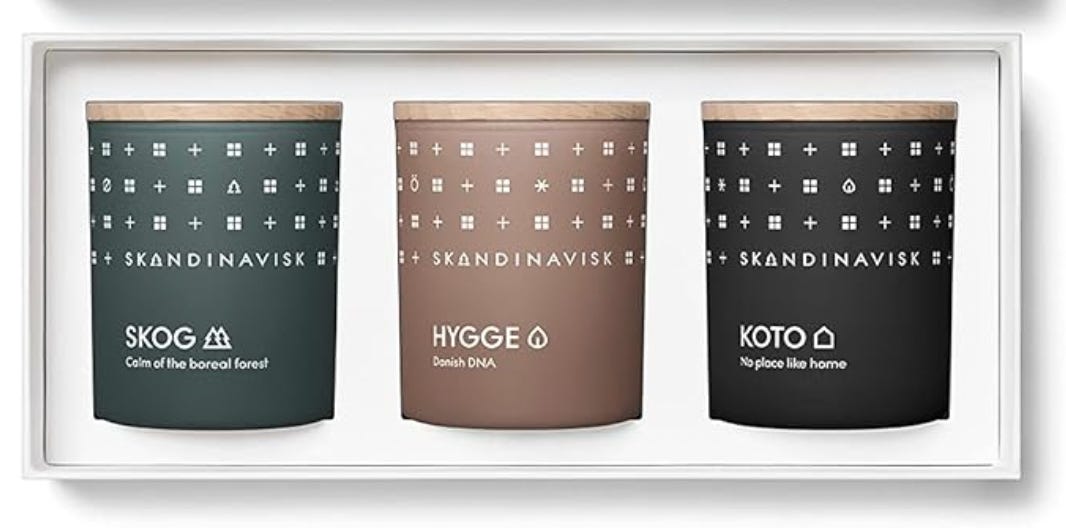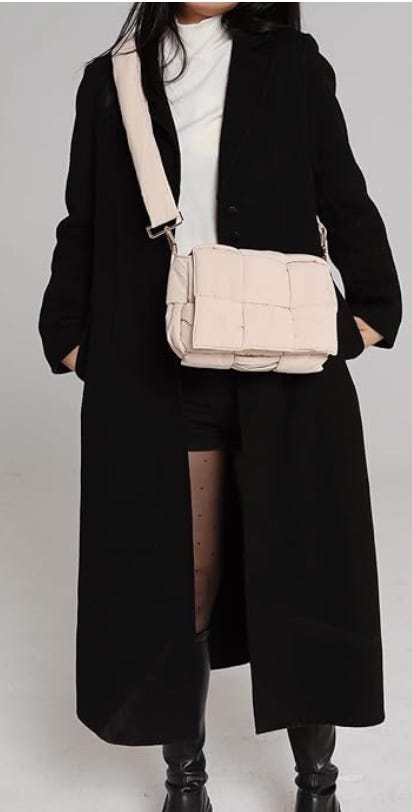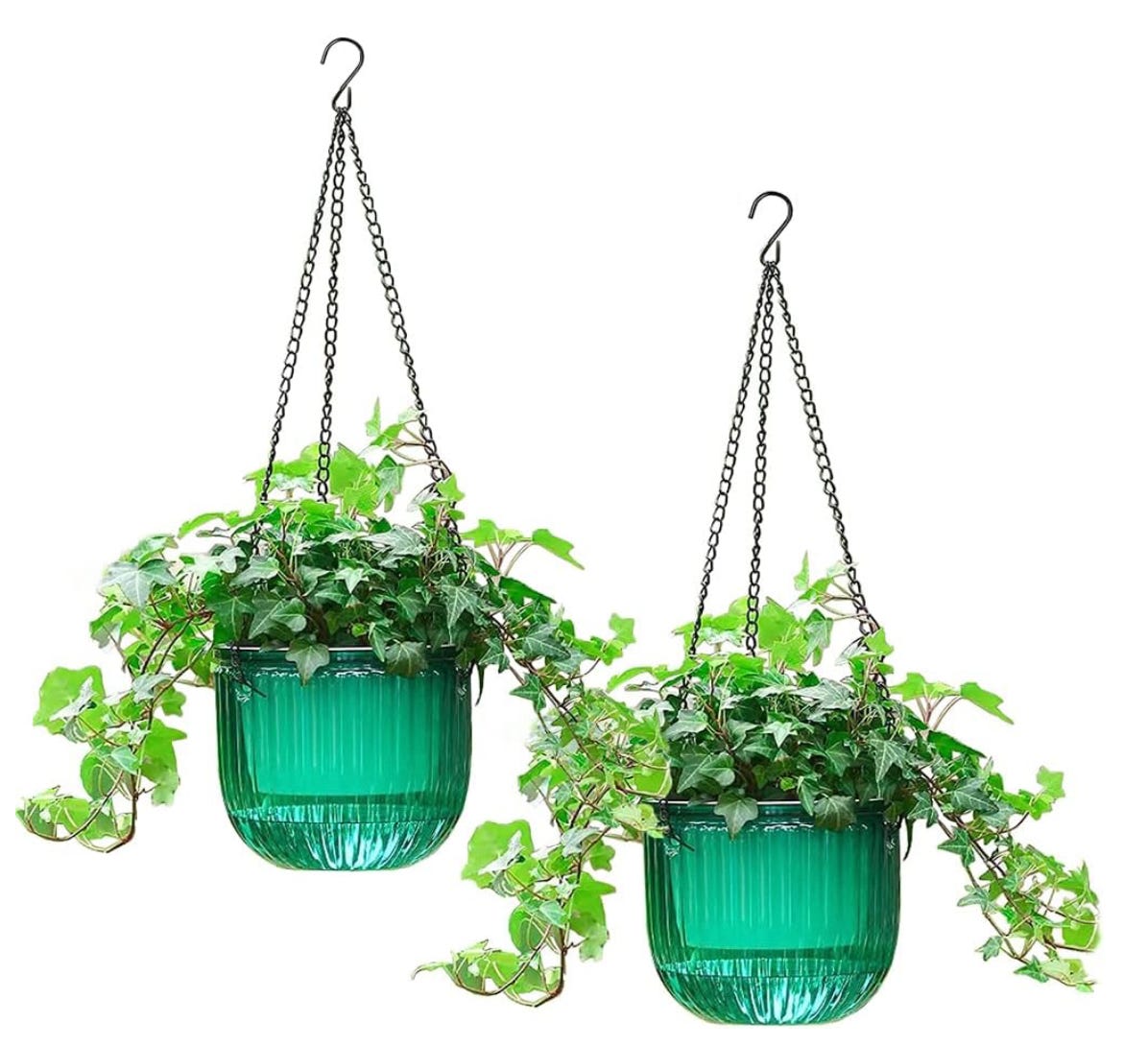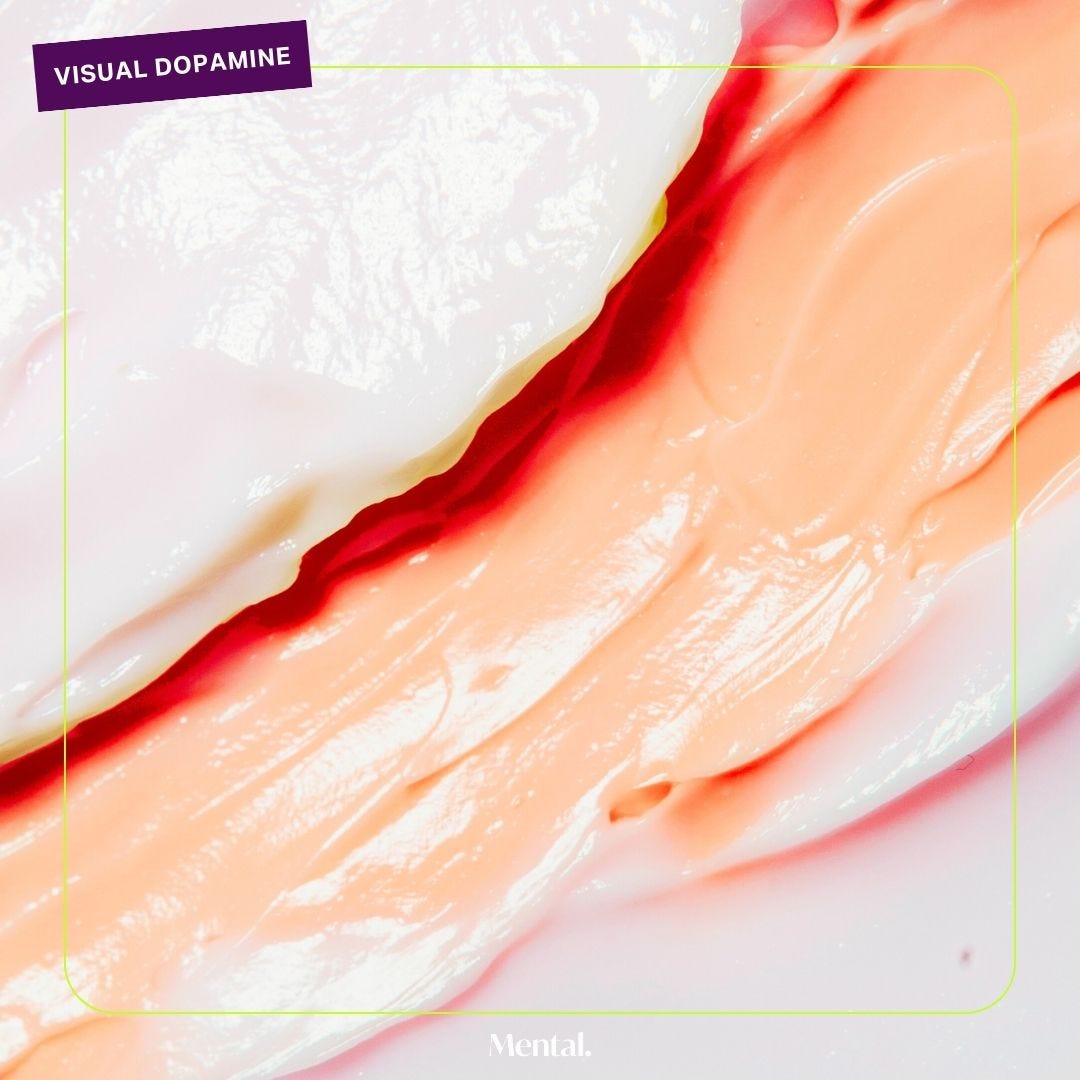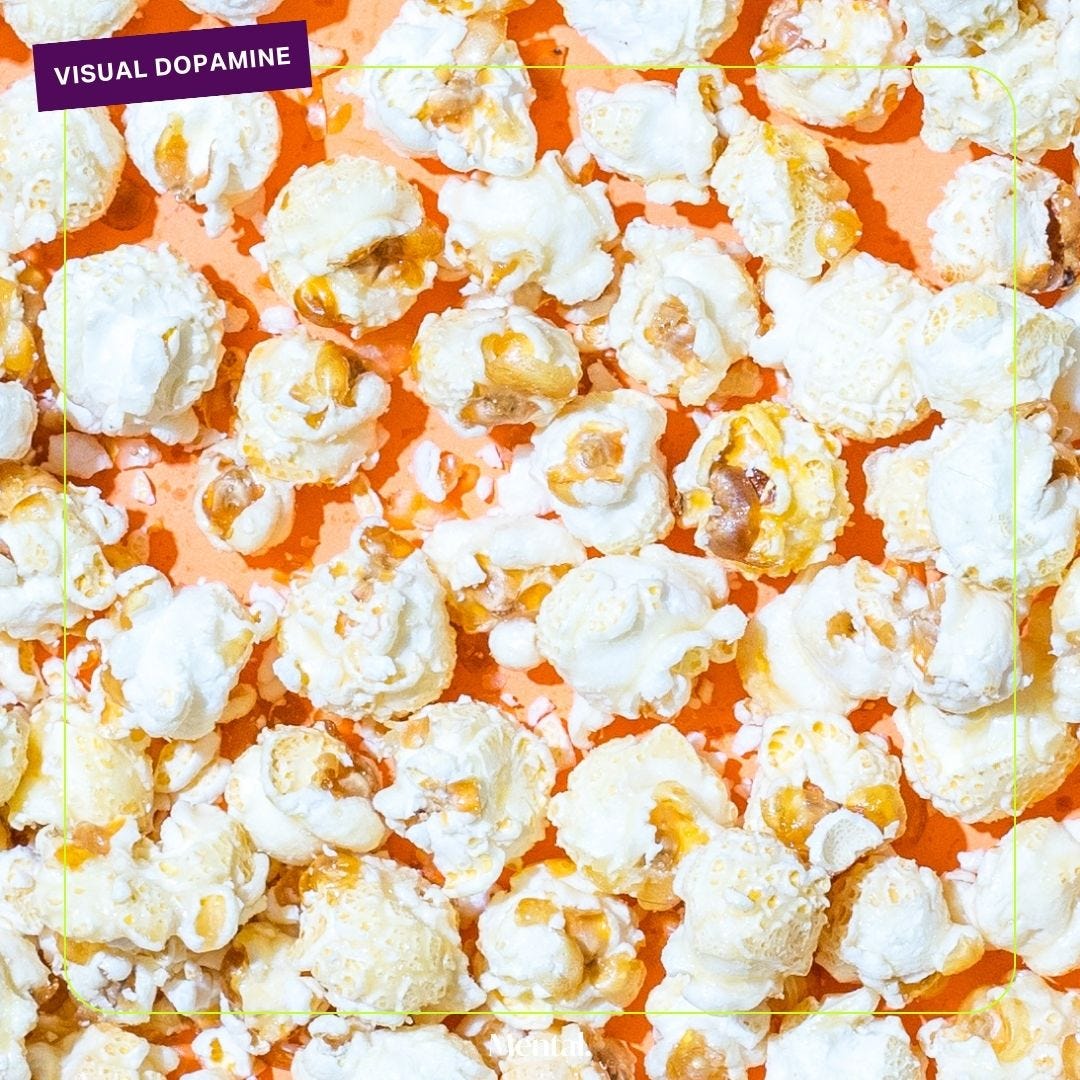Is It Ok to Self-Diagnose a Mental Illness? 🤔
Errrybody's doin' it on TikTok. Here's what actual experts say. Plus: self-care Valentine's gifts…from you, to you.
When Self-Diagnosis Helps—and Hurts—You
Every day on social media, millions of women share their lived experiences—hidden symptoms, overlooked triggers, surprising copes—with ADHD, autism, bipolar disorder, OCD, and other mental health conditions.
You’ve surely watched some of these posts and thought: Omg, it’s me!
But.
BUT.
Is it really you?
Or is it simply a more modern version of Dr. Google, where every possible malady seems well-positioned to take you down overnight?
“Self-diagnosis is very popular,” says Nora Dieguez, Ph.D., a clinical psychologist in Miami who specializes in ADHD, autism, and related conditions. More patients come to her, fresh from TikTok or Instagram, convinced they have ADHD or OCD.
Is this an empowering step forward, helping to dismantle stigma around mental health and encourage people to get help? Or is it just contributing to the confusion soup that surrounds these often-complex diagnoses? Worse, could it be exacerbating mental health issues by creating heightened levels of worry and anxiety?
Our report includes 4 ways self-diagnosis can be a good thing, 3 ways it can be a very (very) bad thing, and the legit screening tools you may want to try as a first step.
Retail Therapy
Valentine’s Gifts To You, From You
Valentine’s Day can bring up lots of feels—many of them not exactly filled with love. So why not make it a GOOD DAY NO MATTER WHAT by gifting yourself a self-care moment?
In that spirit, we’ve curated some of our new self-care faves—cozy home stuff, cushiony face creams, the best new Squishmallow (pro tip: use as a pillow)—to give yourself this V Day. Shop ‘em in our founder’s Amazon Store.
A sneak peak of what you’ll find there:
Visual Dopamine
Peach Fuzz
Our Visual Dopamine take on Pantone's 2024 color of the year, Peach Fuzz. Ooohhhhh ahhhh… Do ya feel relaxed yet? ✨




